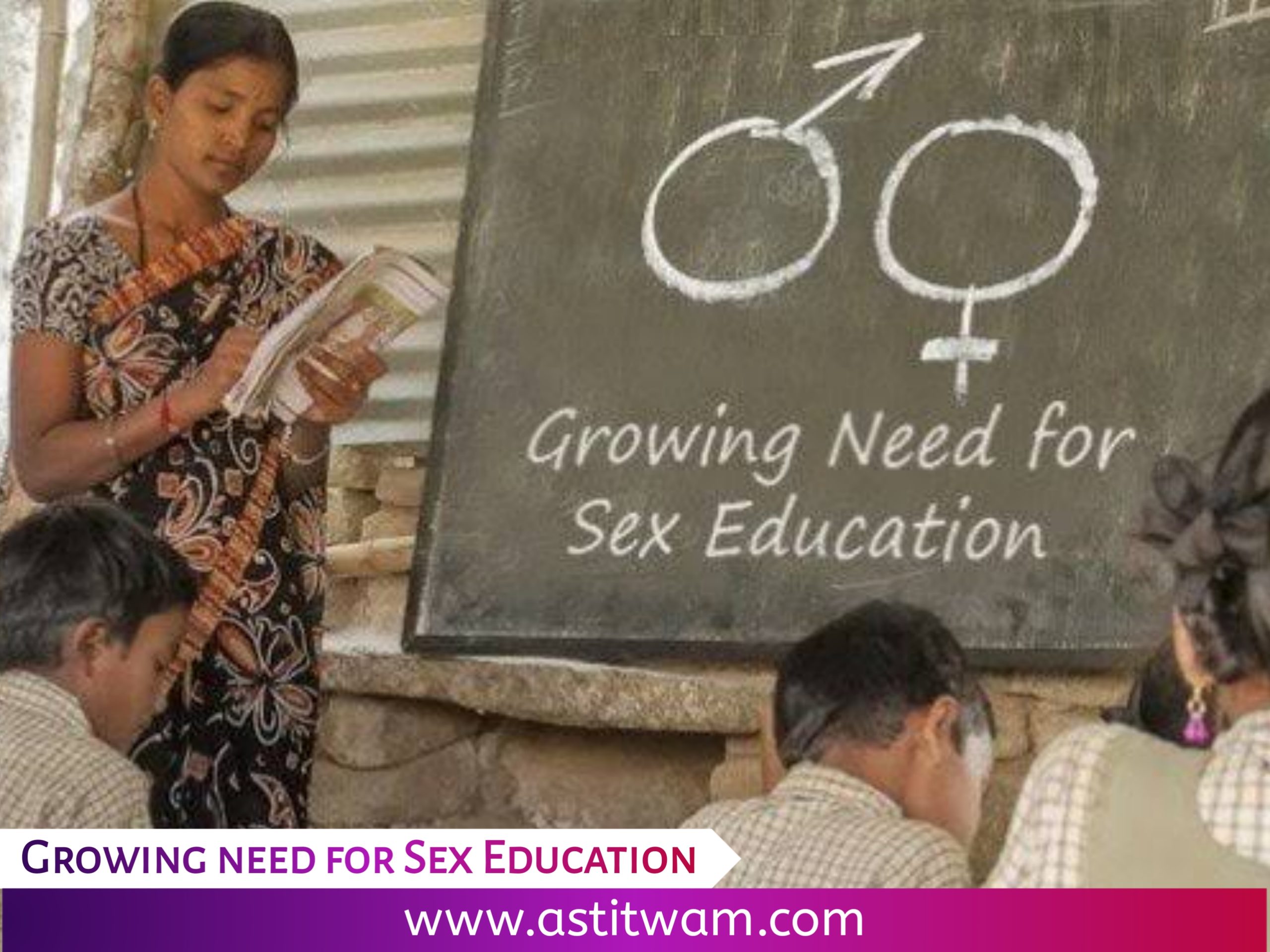Navigating Distractions: Supporting Adolescents in a Distracting World

During adolescence, children often face numerous distractions and temptations that can divert their attention and negatively impact their development. Some common factors that can divert children during this stage include:
- Social media and technology: The widespread use of social media platforms, video games, and smartphones can consume a significant amount of time and attention, leading to decreased productivity and engagement in other activities.
- Peer pressure: Adolescents are highly influenced by their peers and may feel pressured to engage in activities that are not in their best interest, such as substance abuse, risky behavior, or negative social interactions.
- Romantic relationships: The pursuit of romantic relationships can be intense during adolescence and may distract teenagers from their academic and personal goals. It’s important to help them navigate relationships in a healthy and balanced manner.
- Lack of structure and time management: Adolescents often struggle with managing their time effectively, leading to procrastination and poor prioritization of tasks. Without proper structure and guidance, they may find themselves getting diverted from important responsibilities.
- Academic stress: The pressure to perform well academically can be overwhelming for some adolescents. In response, they may seek distractions as a way to cope with stress and avoid facing their academic challenges.
- Substance abuse: Experimentation with drugs, alcohol, or other substances can be a significant diversion for adolescents. It’s crucial to educate them about the risks associated with substance abuse and promote healthy coping mechanisms.
- Body image concerns: Adolescence is a period of significant physical changes, and young people may become overly focused on their appearance. This preoccupation can divert their attention and negatively impact their self-esteem.
- Mental health challenges: Adolescents may struggle with mental health issues such as anxiety, depression, or eating disorders. These challenges can consume their thoughts and energy, making it difficult for them to focus on other aspects of their lives.
- Peer exclusion or bullying: Experiences of social exclusion or bullying can divert adolescents’ attention and impact their overall well-being. Creating a supportive and inclusive environment is essential for their healthy development.
- Lack of constructive hobbies or interests: If adolescents lack engaging and constructive hobbies or interests, they may turn to unproductive or potentially harmful activities to fill their time.
As parents, educators, or guardians, it’s important to provide guidance, set boundaries, and foster a supportive environment to help adolescents navigate these distractions and make positive choices. Encouraging open communication and building a strong relationship based on trust can also help them resist negative influences and stay focused on their personal growth and development.




